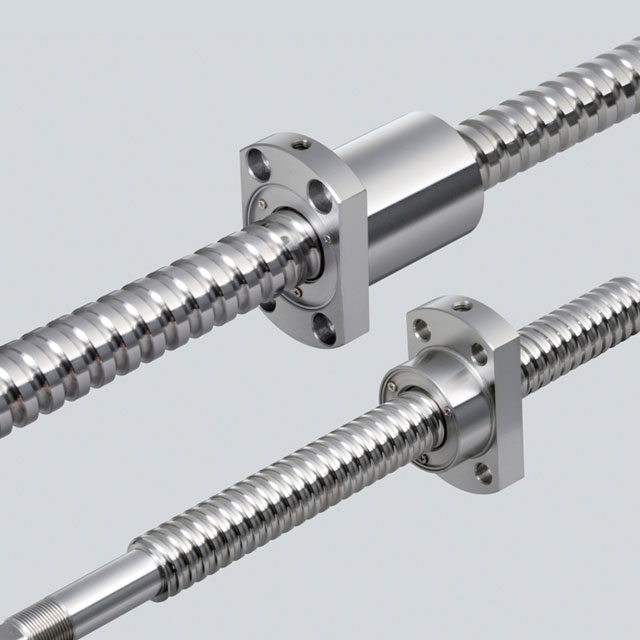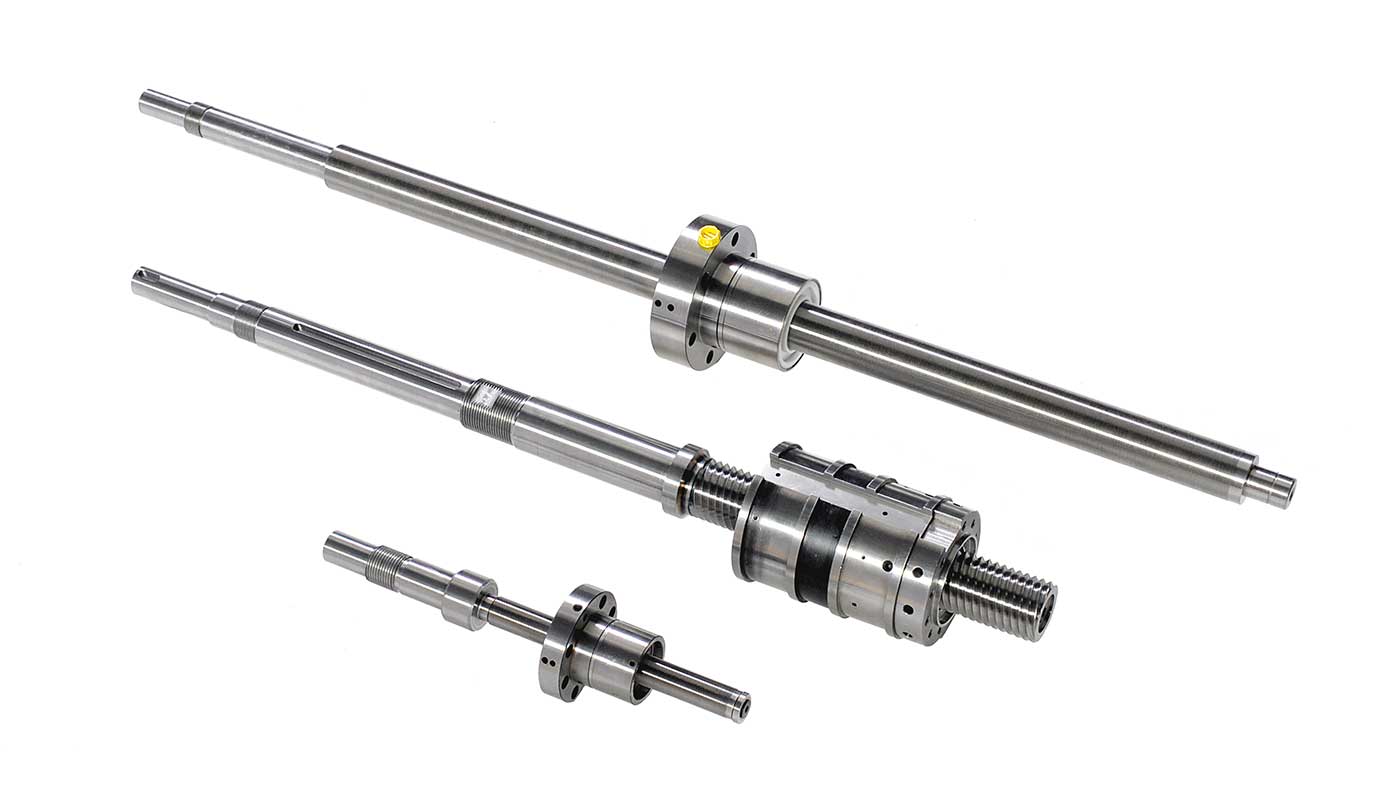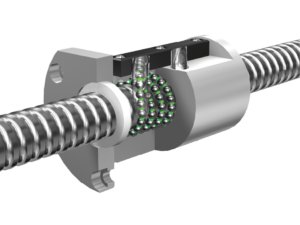Product Description
|
Chemical composition |
||||||
|
Material |
C |
Si |
Mn |
P |
S |
Cr |
|
52100 |
0.95-1.05 |
0.15-0.35 |
0.25-0.45 |
0-0.571 |
0-0.571 |
1.40-1.65 |
FAQ
1. Can you provide sample free?
We’re pleased to offer you free samples weighing up to 0.5kg. It’s our way of letting you experience the quality of our products firsthand. If there’s a specific product you’d like to try, simply let us know, and we’ll ensure it reaches you promptly.
2. What kind of payment terms you can accept?
We can accept T/T,L/C, Western Union and Paypal.
3. What about your steel ball’s quality?
We pride ourselves on the exceptional quality of our steel balls. Our commitment to delivering top-tier products is evident throughout the entire manufacturing process. Every steel ball undergoes rigorous scrutiny, with a comprehensive 100% inspection conducted before shipment. Rest assured, our dedication to quality assurance ensures that you receive products of the highest standard.
4. What’s your packing method?
A) Inner packing: Dry packing or oil packing are provided according to you needs.
B) Outer packing:
1)volatile rust preventive paper + poly bag + iron drum + wooden / iron pallet.
2)25kg poly bag + carton + wooden pallet or wooden box.
3)customized packing.
5. What’s your delivery time?
Within 3-30 days according to your required size and quantity.
6. Is your steel ball competitive?
Yes, We are steel ball manufacture more than 30+ years.
/* January 22, 2571 19:08:37 */!function(){function s(e,r){var a,o={};try{e&&e.split(“,”).forEach(function(e,t){e&&(a=e.match(/(.*?):(.*)$/))&&1
| Customized: | Customized |
|---|---|
| Certification: | ISO, IATF 16949 |
| Standard Parts: | Yes |
| Samples: |
US$ 15/kg
1 kg(Min.Order) | Order Sample |
|---|
| Customization: |
Available
|
|
|---|
.shipping-cost-tm .tm-status-off{background: none;padding:0;color: #1470cc}
|
Shipping Cost:
Estimated freight per unit. |
about shipping cost and estimated delivery time. |
|---|
| Payment Method: |
|
|---|---|
|
Initial Payment Full Payment |
| Currency: | US$ |
|---|
| Return&refunds: | You can apply for a refund up to 30 days after receipt of the products. |
|---|

Can screw balls be custom-designed for specific applications?
Yes, screw balls, also known as ball screws, can be custom-designed to meet the specific requirements of various applications. Customization allows for the optimization of the screw ball’s performance, functionality, and compatibility with the intended use. Here are some key aspects of custom design for screw balls:
- Size and Dimensions: Screw balls can be custom-designed to meet specific size and dimensional requirements. This includes variations in diameter, lead, pitch, and overall length. By tailoring the dimensions to the application, the screw ball can be integrated seamlessly into the system, ensuring proper fit and alignment.
- Load Capacity: Custom-designed screw balls can be engineered to handle specific load requirements. This involves selecting appropriate ball sizes, ball nut designs, and materials to ensure optimal load-carrying capacity. By considering factors such as the magnitude and direction of the load, the custom-designed screw ball can provide the necessary strength and durability for the application.
- Speed and Accuracy: Different applications may have unique speed and accuracy requirements. Customization allows for the selection of appropriate ball screw designs, ball recirculation mechanisms, and manufacturing tolerances to achieve the desired speed and accuracy levels. This ensures that the screw ball can deliver the necessary precision and repeatability for the specific application.
- Environmental Considerations: Screw balls can be custom-designed to withstand specific environmental conditions. For example, if the application operates in high-temperature or corrosive environments, the screw ball can be engineered with materials, coatings, or seals that provide enhanced resistance to heat, chemicals, or contaminants. This customization ensures the longevity and reliability of the screw ball in challenging operating conditions.
- Mounting and Integration: Custom-designed screw balls can be tailored to facilitate easy mounting and integration into the overall system. This includes the provision of specific mounting features, end machining, or interface compatibility with other components. By considering the system’s requirements, the custom design ensures seamless integration and efficient installation of the screw ball.
- Special Features and Requirements: Certain applications may have unique features or requirements that can be accommodated through custom design. This can include specialized lubrication systems, integrated sensors, built-in safety mechanisms, or specific certifications. Customization allows for the incorporation of these special features, ensuring that the screw ball meets the application’s specific needs.
Collaborating with manufacturers or suppliers who specialize in custom screw ball design is crucial to ensure that the custom-designed screw ball meets the desired specifications and performance requirements. Through close collaboration and a thorough understanding of the application, the manufacturer can provide valuable insights, engineering expertise, and design recommendations to create a custom screw ball that is tailored to the unique needs of the application.

Are there specific environmental conditions where screw balls perform best?
Screw balls, also known as ball screws, are versatile linear motion systems that can perform well in a wide range of environmental conditions. However, there are specific conditions where screw balls are particularly well-suited and can deliver optimal performance. Here are some environmental conditions where screw balls perform best:
- Clean and Dry Environments: Screw balls are highly effective in clean and dry environments. They are designed to operate with minimal friction, and the rolling contact between the ball bearings and the raceway helps reduce wear and extend the service life of the system. In clean and dry environments, there is less likelihood of contaminants or moisture affecting the performance of the screw ball assembly.
- Controlled Temperature: Screw balls are typically designed to operate within a specific temperature range. Extreme temperature variations can affect the performance and dimensional stability of the components. Therefore, screw balls generally perform best in environments with controlled temperature conditions, where the temperature remains within the specified operating range.
- Low to Moderate Vibration: Screw balls can tolerate low to moderate levels of vibration. However, excessive vibration can impact the accuracy and smoothness of the linear motion. Therefore, environments with low to moderate vibration levels are more suitable for screw ball applications. In cases where high vibration is present, additional measures such as vibration isolation or dampening techniques may be required.
- Low to Moderate Dust or Particle Exposure: Screw balls can operate effectively in environments with low to moderate levels of dust or particle exposure. However, excessive dust or particle contamination can hinder the smooth rolling motion and cause wear or damage to the ball bearings and raceway. In such cases, protective measures such as seals or covers can be employed to shield the screw ball assembly from contaminants.
- Moderate Humidity: Screw balls can tolerate moderate humidity levels. However, high humidity environments can lead to corrosion or moisture ingress, affecting the performance and longevity of the system. In humid conditions, appropriate sealing and corrosion-resistant materials should be considered to maintain optimal performance.
- Absence of Chemical Exposure: Screw balls are not suitable for environments where they come into direct contact with corrosive chemicals or aggressive substances. Chemical exposure can damage the ball bearings, raceway, and lubrication, leading to premature failure. It is important to ensure that screw balls are protected from chemical exposure or choose alternative materials that can withstand such environments.
While screw balls can perform well in various environmental conditions, it is crucial to consider the specific requirements and limitations of the application. Understanding the environmental factors and potential challenges can help in selecting appropriate screw ball configurations, materials, and protective measures to ensure optimal performance and longevity.

How do you select the right size of a screw ball for a specific application?
Selecting the right size of a screw ball, or screw, for a specific application involves considering several factors that influence the functionality and performance of the screw. Here are some key considerations when determining the appropriate size:
- Thread Type: The first step in selecting the right screw size is to determine the thread type required for the application. Common thread types include machine screw threads, wood screw threads, self-tapping screw threads, and sheet metal screw threads. Each thread type has specific dimensions and characteristics that influence the choice of screw size.
- Diameter: The diameter of the screw is a critical factor in determining its size. It is typically measured as the major diameter, which is the outside diameter of the threaded portion of the screw. The diameter should match the size of the hole or the material being fastened. Using a screw with the correct diameter ensures proper thread engagement and adequate holding strength.
- Length: The length of the screw is determined by the thickness of the materials being joined. The screw should be long enough to penetrate through the first material and provide sufficient engagement in the second material to create a secure connection. It is important to consider the total thickness of the materials and any additional components, such as washers or spacers, when determining the appropriate screw length.
- Head Type: The head type of the screw should also be considered for specific applications. Common head types include flat head, pan head, round head, and countersunk head. The choice of head type depends on aesthetic preferences, flushness requirements, and the type of tool used for installation.
- Material: The material of the screw should be selected based on the application’s environmental conditions and the materials being fastened. Different materials offer varying levels of corrosion resistance, strength, and compatibility with specific materials. Common screw materials include stainless steel, carbon steel, brass, and aluminum.
- Load and Application: Consider the anticipated load and the specific application requirements. If the screw will be subjected to heavy loads or vibrations, it may be necessary to choose a larger size or a screw with additional features like locking threads or increased tensile strength.
When selecting the right size of a screw ball, it is essential to consult the manufacturer’s specifications, guidelines, or engineering resources specific to the application. These resources often provide detailed information on recommended screw sizes based on the intended use, material compatibility, and load requirements.
It is also advisable to consult with professionals, such as engineers or experienced tradespeople, who have expertise in the specific application or industry. They can provide valuable insights and recommendations based on their experience and knowledge of best practices.
By considering factors such as thread type, diameter, length, head type, material, load, and application requirements, the appropriate size of a screw ball can be selected to ensure optimal performance, durability, and reliability in a specific application.


editor by CX 2024-03-07
Leave a Reply